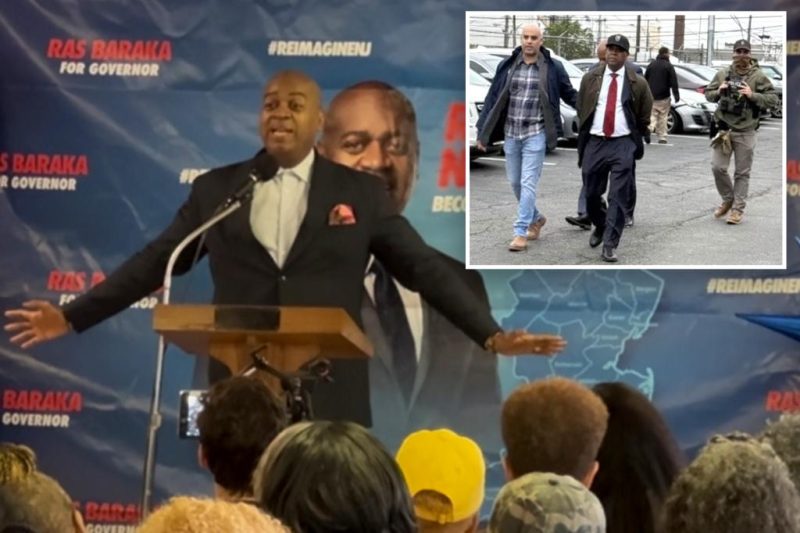
Weeks before his arrest at an Immigration and Customs Enforcement (ICE) detention facility in Newark, Mayor Ras Baraka drew harsh criticism for comparing ICE agents to slave catchers. This inflammatory rhetoric, delivered in the lead-up to the May 9th incident, has sparked intense debate and raised questions about the mayor’s actions and the broader context of immigration enforcement in the United States.
The comparison itself was highly controversial, drawing immediate condemnation from various groups who viewed it as insensitive and inaccurate. Critics argued that such rhetoric fuels divisive narratives and undermines efforts towards constructive dialogue on immigration policy. The mayor’s supporters, however, defended his right to express his views on what he sees as unjust practices, framing his statements within a historical context of oppression and systemic inequality.
The subsequent arrest of Mayor Baraka at the ICE detention center further escalated the situation. While the details surrounding the arrest remain unclear, the incident has served to amplify the already heated public discourse. The timing of the arrest, so close to the controversial remarks, has led many to speculate about a potential connection, although no official statements have confirmed such a link. The incident has raised questions about the limits of protest and the potential consequences of strong public statements aimed at government agencies.
This situation underscores the complex and often emotionally charged nature of the immigration debate. It highlights the tension between freedom of speech and the potential for inflammatory rhetoric to escalate tensions and even contribute to real-world consequences. The ongoing investigation and potential legal ramifications surrounding Mayor Baraka’s arrest will undoubtedly continue to shape the narrative and fuel further debate in the coming weeks and months. It also serves as a reminder of the deeply divisive issues at play within the larger conversation about immigration policy and enforcement in the United States.










